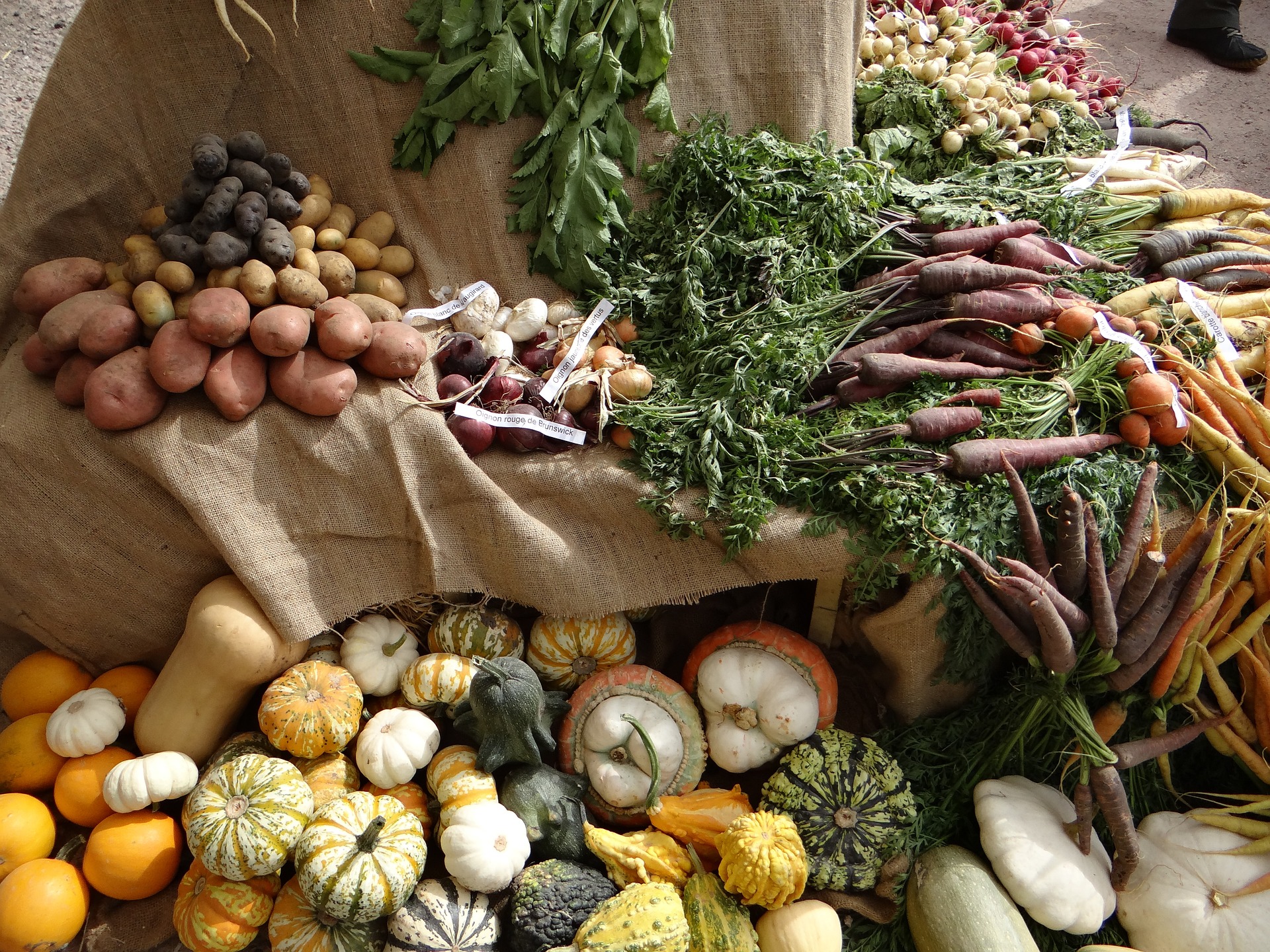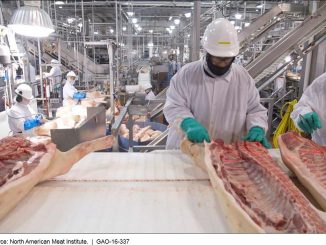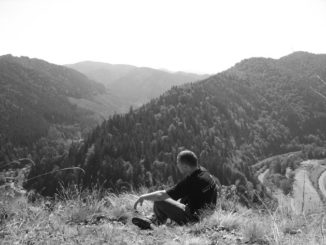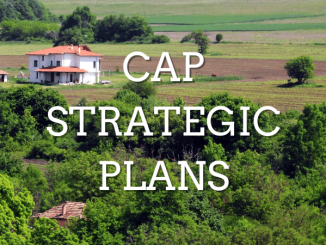
Globally, by many measures, France is showing the fastest growth in organics.
The organic market in France was worth E 9.1 billion in 2018, according to “The World of Organic Agriculture 2020” which comes out every February. Organic land area in France grew by 16.7% in 2018 – a huge increase for a single year. This growth of 290,000 hectares brings France to 2.04 million hectares, now second only to Spain in Europe, and the sixth highest land area farmed organically in the world.
Read the World of Organic Agriculture 2020
This 290,000 hectares growth is the world’s biggest increase in organic land area, greater than huge countries such as Canada, Russia, China and others recorded.
Over 10 years, this is a 200% growth rate – an incredible rate that saw about 5000 farms a year convert to organic in 2017 and over 6600 in 2018. This means that when 2019 stats come out, it is predicted that there will be over 46,000 organic farmers in France.
The market too saw enormous growth in France: at 15.4% growth in 2018, France again saw the world’s biggest increase. France is now the world’s third biggest organic market, behind the US and Germany. Organic eggs now command 30% of the entire egg market in France.
Agence Bio, a French agency that supports the development of the organic sector, predicts another 50% market growth by 2025.
For the first time, organic sales in mainstream supermarkets and online have surpassed alternative routes, which shows both how specific the retail environment is in France compared to other EU member states and how mainstream organic is becoming in France. Growth in mainstream retail outlets in France for organic was 235% from 2010 to 2019.
An issue with this mainstream growth has been a rise in consumer suspicion – “With the arrival of large retailers and large agrifood companies, the consumer may be asking the question ‘is this the same organic product?'” says Florent Guhl, the director of the Agence Bio, as reported in Challenges magazine in January. Guhl was responding to the finding that 2/3 of consumers have doubts as to the veracity of organic products in France.
Agence Bio, conducted a study of consumer attitudes to organic food from 15 to 27 November 2019, with 2,000 people. Almost 90% of people now consume some organic food, according to the survey results. Health, taste and environment remain the main motivating factors in that order, with preservation of health (59% of respondents), quality and taste (51%), preservation of the environment (45%). “We are witnessing regular development and across all age groups” Guhl added.
The survey also saw a rise in a number of health and environmental variables for the French consumer, including avoiding waste, more seasonal eating, more cooking and so on.
This growth has come with its own controversies. Back in 2018, France had earmarked 15% organic land area by 2022, in a plan that included an ambitious target of 20% organic via public procurement. A recent Senator’s report now calls this out as overly ambitious, especially with regard to public procurement, where the figure is only at 3%.
Instead 2026 is now considered the likely date for 15% land area organic. In 2018, 7.3% of the overall land area was farmed organically.
One of the Senators who commissioned the report, Alan Houpert, noted that “it is mainly dairy cattle breeders and winegrowers who convert. Arable crops are more difficult because yields fall enormously and compensations are not enough” he told Futura Planete.
Concerns were also expressed at the low rate of state support – organic receives about 1% of what goes into agriculture (E1.3billion, 2013-2019, or about E200 million a year) and a shift in supports to conversions rather than full symbol organic.
Notwithstanding these issues, both farming and the market see very rapid growth for organics in France. In this, the benefits of a dedicated agency to promote organics are clear.
More on France and on organics
Rural Dialogues | Intergenerational Collaboration in the Vineyards of Southern France
CAP in France not Delivering for Citizens, Farmers or the Environment
Rural Dialogues | Peasants of Nature – French Initiative Reconciles Agriculture & Biodiversity
AgtechTakeback – Technical Sovereignty and L’Atelier Paysan’s Tooled up French Farmers
Meet Senator Joel Labbé – Driving Force Behind French Herbicide Bans
Scotland | Organic Farming, Agroforestry Best for Emissions Reductions
Comparing Organic, Agroecological and Regenerative Farming part 3 – Regenerative






1 Trackback / Pingback
Comments are closed.